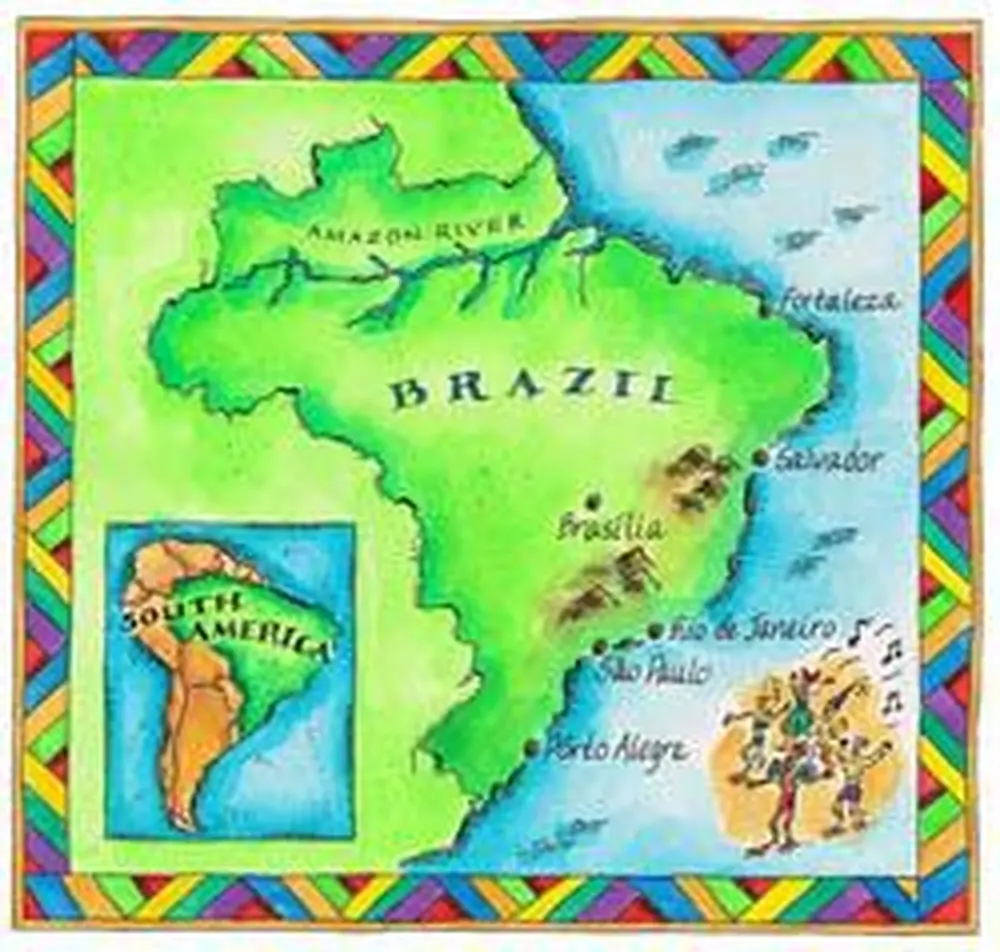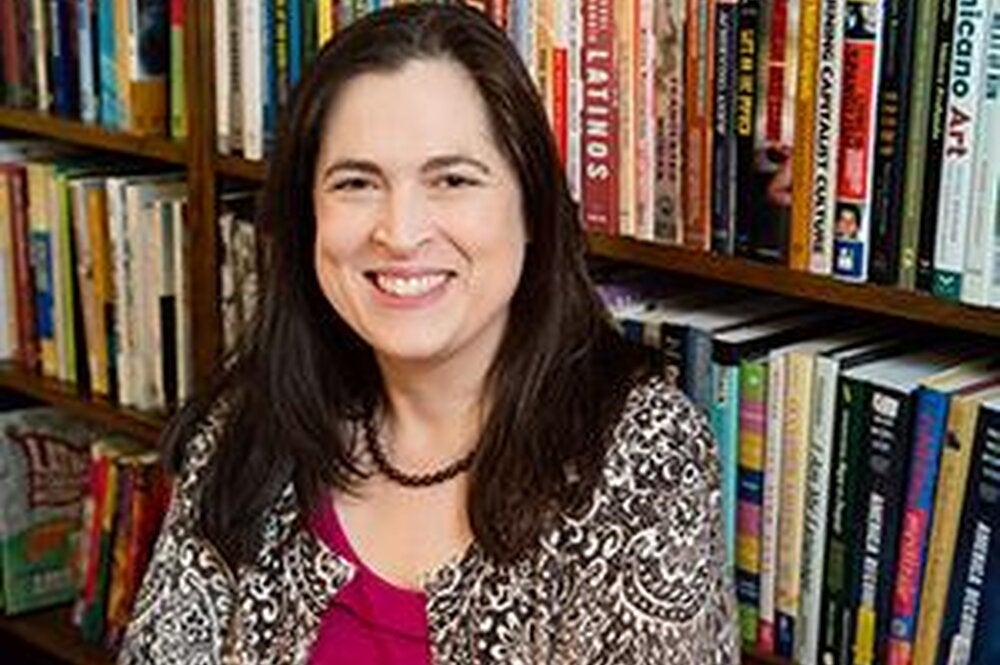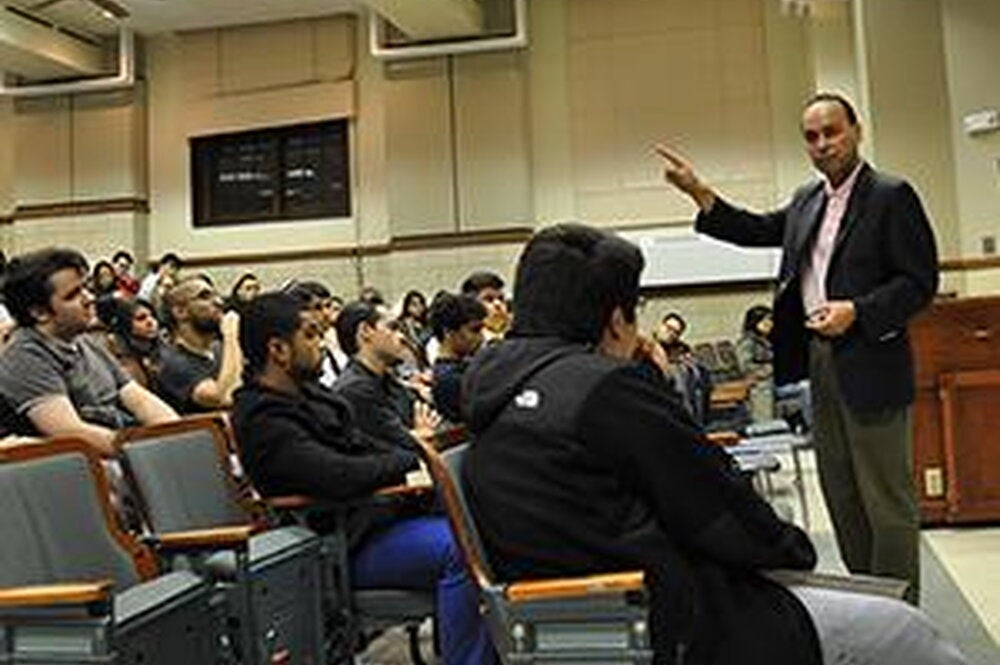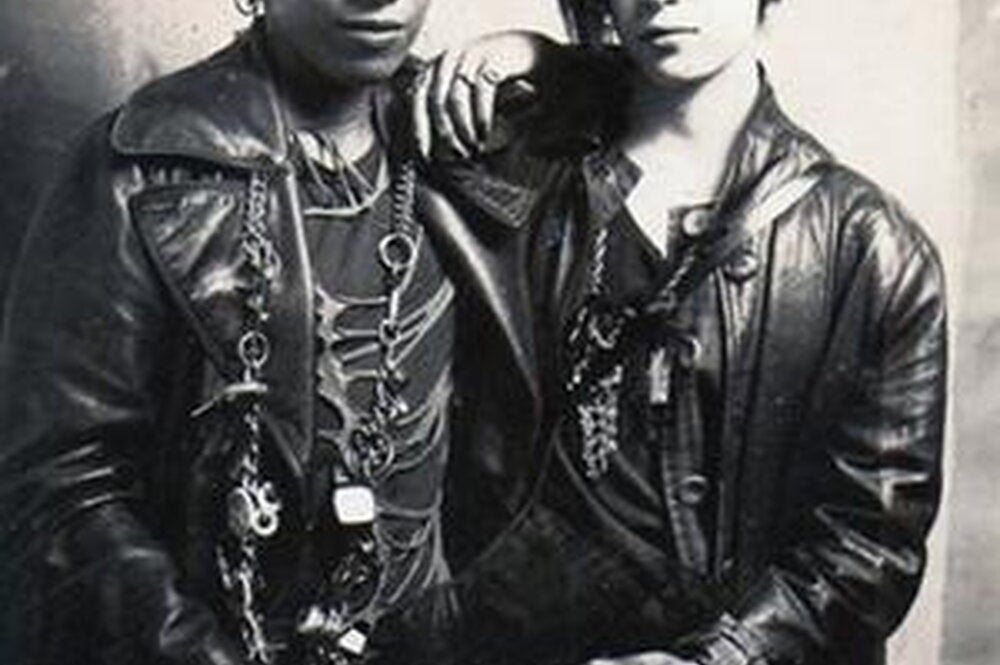

As Brazil emerges as one of the world’s largest, most vibrant economies, University of Illinois is staging its own emergence—as home to one of the most comprehensive programs dedicated to understanding this new powerhouse.
With a $14 million gift from Jorge Paulo Lemann and family, of Jona, Switzerland, and Sao Paulo, Brazil, U of I will become home to the new Lemann Institute of Brazilian Studies. The Lemann Institute will build upon the University’s existing programs and initiatives related to Brazil to create one of the leading Brazilian studies programs in the nation.
“Our gift stems from our appreciation of the University’s contribution in attracting an increasing number of talented Brazilians and in enhancing their education,” says Lemann. “They, in turn, positively affect Brazilian development and society, as evidenced by the number of Illinois graduates in important jobs throughout Brazil. The creation of the institute will build on these efforts.”
Funds from the gift will support an endowed professorship and lectureship, scholarly exchanges with researchers in Brazil, and will expand the opportunities for students and faculty to study and conduct research in Brazil on any aspect of Brazilian culture and society. The institute also will offer graduate and professional training opportunities as well as support conferences.
The institute will be based in the Center for Latin American and Caribbean Studies in the College of Liberal Arts and Sciences and in International Programs and Studies, where it will complement and expand existing initiatives with Brazil and other key world regions.
U of I’s connections with Latin America are long and distinguished, reaching back to the 1890s when the University established an agricultural experiment station in Sao Paolo. One of the nation’s first non-U.S. history programs was also at Illinois, starting in 1909, and was in Latin American history. Expertise in Latin America at Illinois is extensive, including history, anthropology, agriculture, education, law, business, political science, and especially economics, where U of I has trained hundreds of high-ranking financial and business professionals now working in Brazil.
“The gift will be transformative,” says Ruth V. Watkins, dean of the College of LAS. “The college and University have been blessed with exceptional strength in Latin American Studies for more than 100 years. With this gift we stand to become a national leader in this field and build a rich, deep relationship with Brazil. We are extremely excited at what the future holds for Latin American studies at U of I.”
Lemann was born in Brazil in 1939 to Swiss immigrants and went on to earn a bachelor’s degree in economics from Harvard University in 1961. He played professional tennis for two years, appearing twice at Wimbledon and winning the Swiss nationals, before taking positions at various financial houses in Brazil. Although Lemann continued playing tennis, he made his mark with his financial acumen. In 1971 he and three partners founded Banco Garantia, which survived a market crash only weeks after being founded and went on to become one of Brazil’s most prestigious and innovative investment banks. Lemann bought out his partners in 1976.
Today he is a partner of GP Investimentos, a private equity firm with interests in communications, railways, real estate, amusement, and Internet and technology ventures. He and his partners also bought control of a Brazilian brewery that became AmBev, the dominant brewing company in South America, which later merged with Interbrew of Belgium.
Lemann’s connection with U of I can be traced to his days at Harvard, where he struck up a friendship with fellow student, Werner Baer, who went on to become an economics professor at Illinois. Baer, who has been at U of I for more than 30 years, is internationally renowned for his research and teaching on South America and along with other faculty in the Department of Economics, has actively recruited students from the region. Ecuadorean President Rafael Correa is their most famous alumnus.
In the mid-1990s, Baer used $30,000 of his own money to establish a fund for recruiting Latin American students to Illinois. When he suggested that the department seek additional funds from alumni and friends, Lemann was among the first and most generous to respond. But Baer insists it was good business sense, not just friendship, that motivated Lemann to support the exchange: One of the first employees Lemann hired was a graduate of Illinois—the first of many.
“He appreciates the talent that comes out of here,” says Baer, who notes that Lemann sent his own son, Paulo, to Illinois in the 1980s for seven months as an exchange student. “One of the reasons he [Lemann] is such a great success is that he knows how to choose people. It’s true of every successful entrepreneur. It’s not only about what that person does but how he recognizes and promotes talent.”
In an interview in 1999, Lemann cited his desire to improve education for Brazilian students as one of his main reasons for supporting an exchange program with U of I. “Inflation, fiscal deficits, debt problems, can all be worked out and fixed,” he told the editor of the U of I College of Commerce’s alumni newsletter. “Education has a much more lasting effect and takes longer to fix.”
As evidenced by his most recent gift, his belief in education and Illinois is undiminished.


